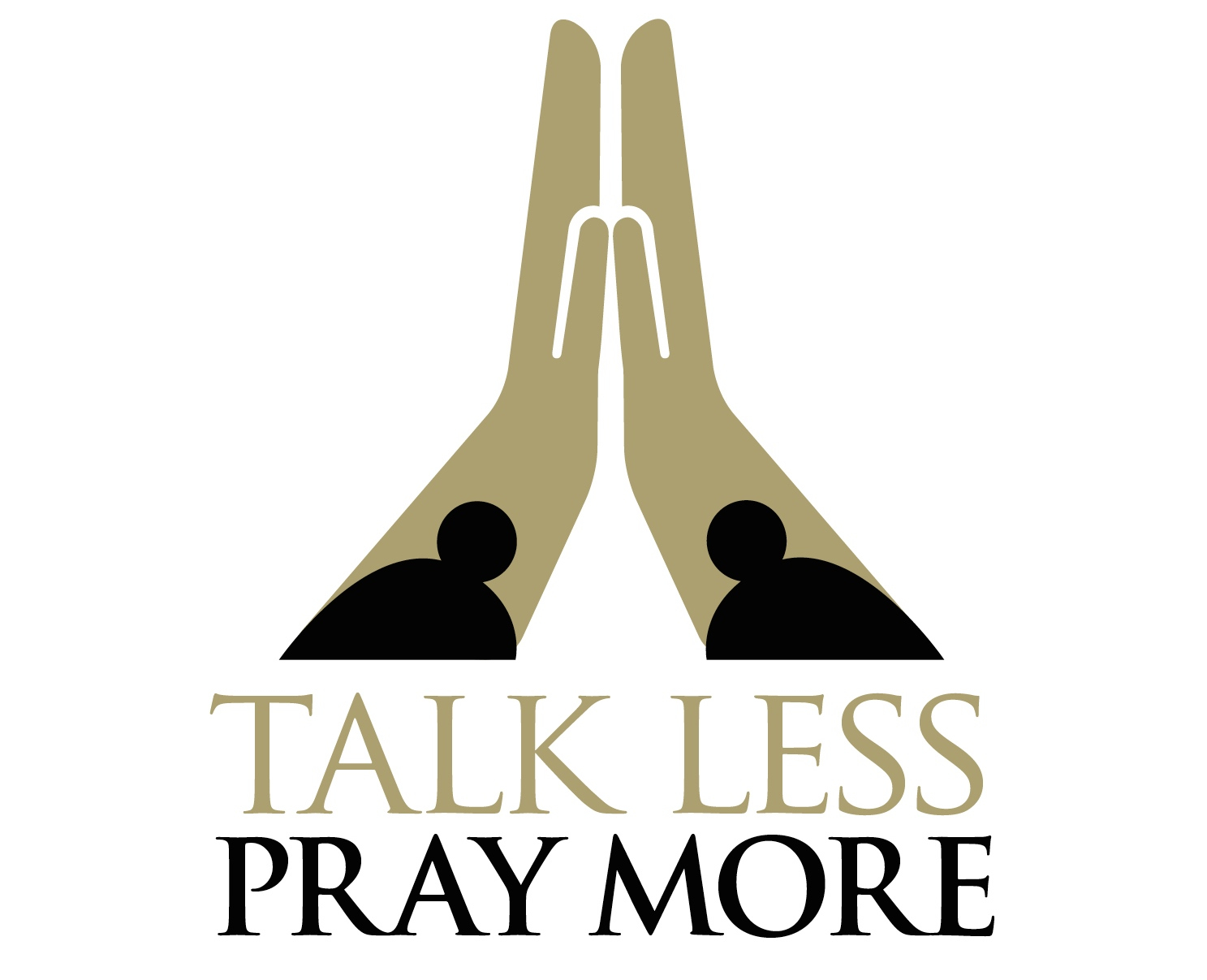“Pray for us, for we are sure that we have a good conscience.” Hebrews 13:18
The first time I recall having a guilty conscience, I was in the first grade. Miss Hamm asked us to give a penny to the Red Cross, and in return we would receive a little white metal button with a red cross to where on our collar. I didn’t have a penny, so I “borrowed” one, gave it to a worthy cause, and wore the cross.
To say that I felt cheap would be an understatement. Believe me when I tell you I felt more than a penny’s worth of guilt. Nothing made up for it. It simply would not go away. The more I tried to justify it, the worse I felt about what I had done. I knew the difference between right and wrong, but I had ignored what was right and did what was wrong.
There is a difference between being knocked unconscious and lacking a conscience. The first is the result of a concussion to the head. The second is the repercussion of sin upon the heart. The unconscious man has had the sense knocked out of him. The man without a conscience ignores the sin in him. Both require a remedy. One is physical, and restores clear consciousness. The other is spiritual, and restores a clean conscience.
The author of Hebrews called for prayer from his friends, while living in friendship with God. He was at peace with himself and at peace with God, knowing that he and God breathed the same air. Though in need of prayer from his friends, he prayed and lived within the agreeable climate of a good conscience with God.
Conscience refers to a joint knowledge of something. In the case of the author of Hebrews he was on the same page with what he knew about right and wrong and with what God knew about him. He and God were in agreement, and though not a perfect man, he was at perfect peace with letting God give him direction, protection and correction.
The author of Hebrews was totally convinced, and clearly confident in his conviction of right and wrong. He had a good conscience because he was aligned with God’s view of right and wrong. He knew the difference between what was moral and immoral, and inclined himself to be aligned with God’s view of these matters. He was free from guilt, reconciled with God, and humble enough before his fellow believers to call on them to pray for him. Prayer led him to a climate zone, where he lived in humility before others and in purity before God.
NOTE TO SELF: Asking for prayer is hard because it requires the humbling of your ego. Refusing to do so reveals your pride. Praying for your self leads to a good conscience, because you yield your will to God’s knowledge of right and wrong, and align yourself with Him. Ask for prayer, from your friends, but maintain your friendship with God. You need both. Asking for prayer from others without praying to God yourself, won’t realign your will to His. TALK LESS! PRAY MORE!
Blog
Talk Less Pray More
Gary Don Miller Prayer Ministry
What a privilege to be invited into your “home”. We take that very seriously and understand that our calling and mission are completely and confidently to exalt the name of Jesus as we impart the powerful knowledge of intercession. Therefore, the moments we spend with you are dedicated to exhorting the people of God to Talk Less! Pray More!
